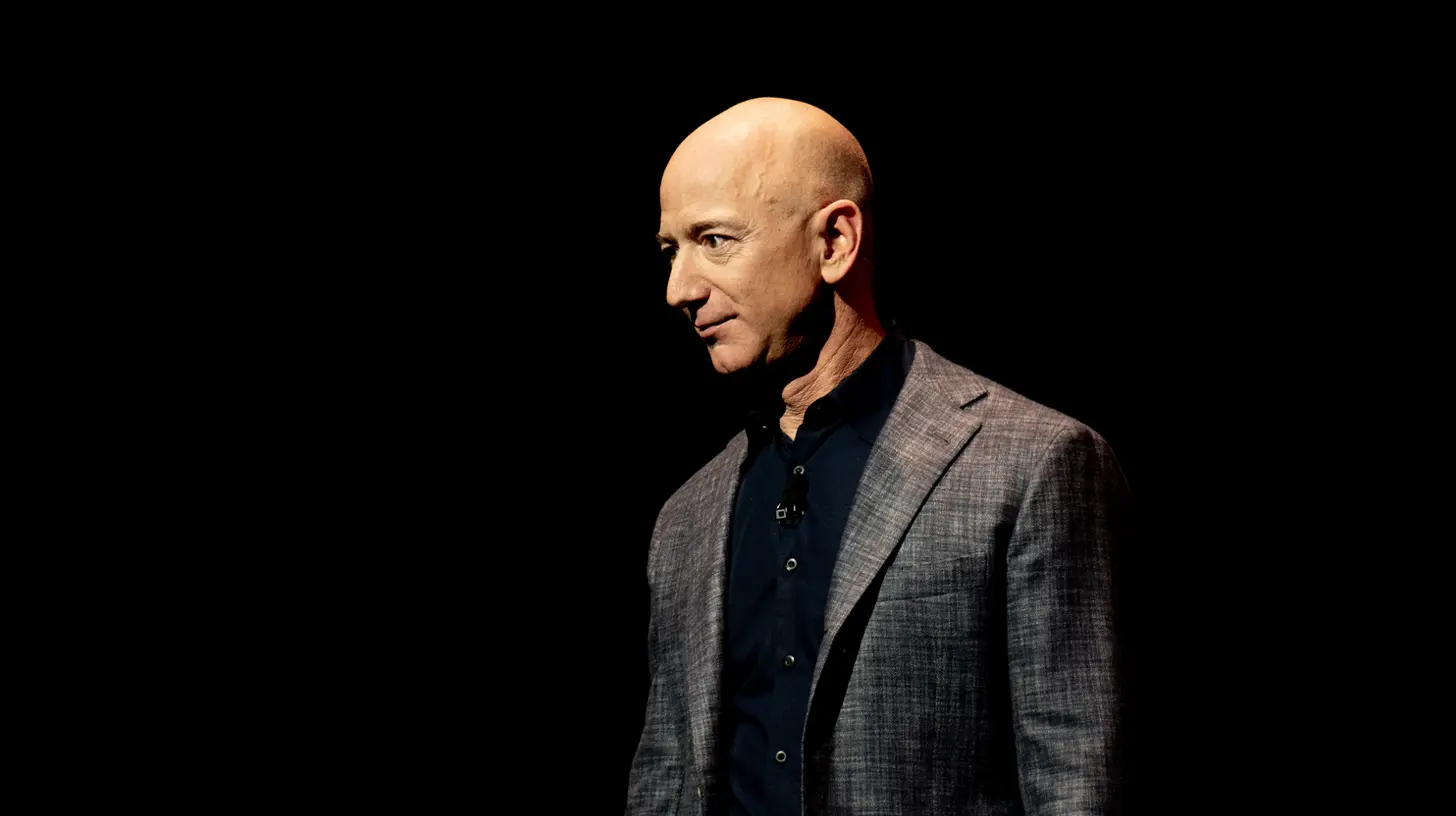The Washington Post recently faced backlash following a decision by its owner, Jeff Bezos, to block an endorsement of Vice President Kamala Harris’s presidential campaign. Over 200,000 subscribers reportedly canceled their subscriptions after the news broke, marking a significant hit to the publication’s subscriber base. This decision sparked outrage among readers and journalists alike, with many seeing it as a limitation on journalistic independence.
Bezos’s decision not to endorse Harris diverges from the Post’s historical stance of political endorsements, stirring debate around media neutrality versus editorial freedom. Despite a drafted endorsement prepared by the editorial board, Bezos and Publisher Will Lewis emphasized the need to “stay neutral,” leading to frustration among staff and readers. The Post’s shift comes as other media outlets continue to express support for various candidates, making this policy change highly visible.
Social media quickly erupted with #BoycottWaPo trending as critics accused Bezos of unduly influencing editorial decisions. As the Washington Post’s influence in political discourse is well-recognized, this decision has raised questions about the role of media owners in shaping news narratives. Industry analysts speculate that such a move could impact the publication’s long-term credibility and subscriber loyalty, especially in politically active readership demographics.
In response to subscriber cancellations, the Washington Post has aimed to reassure its audience by highlighting its commitment to unbiased reporting. However, the mass exodus of subscribers indicates a demand for more transparent editorial policies that align with traditional journalism values. The impact of this decision may also serve as a case study in how subscriber-driven publications handle political endorsements.
The incident highlights a broader tension between journalistic autonomy and corporate influence. With the 2024 U.S. election nearing, the stance taken by publications like the Washington Post will continue to shape public trust in media outlets. As the dust settles, the paper’s path forward in balancing editorial decisions with ownership interests will be closely monitored by both the industry and its readership.













